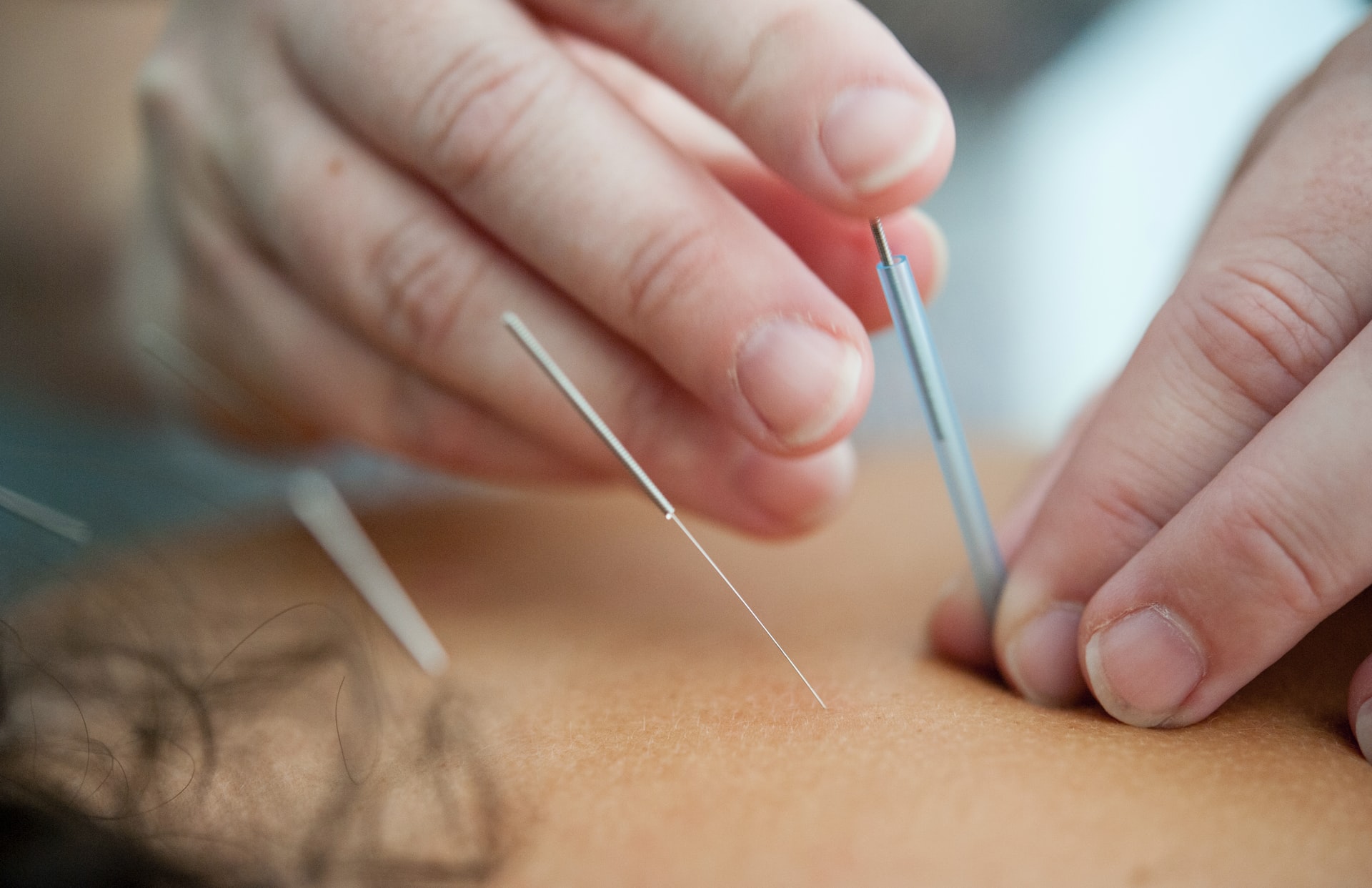Acupuncture is a technique of inserting and manipulating fine needles at specific points on the body for therapeutic purposes. It is believed to have originated in China. The first known document that unambiguously describes a model of acupuncture dates back to 100 BC It is the Huangdi Neijin, an ancient treatise on health and disease that is said to have been written by the famous Chinese emperor Huangdi around 2600 BC.
The ideas in the book have a basis in Taoist philosophy. The key to a long and healthy life is to follow the Tao, the natural way of the universe. Health and disease are caused by an imbalance of the two fundamental forces, yin and yang, and by the influence of the five elements (water, fire, metal, wood and earth) on the organs of the body.
In recent decades, acupuncture has also gained popularity in Western countries, although its scientific value has been repeatedly denied or downsized. However, in a newly published study, acupuncture is shown to work in some cases. The physiological mechanisms are also traced in the study. So here’s how, when and why acupuncture would work according to the latest scientific evidence
The relationship with science
There is no official science and unofficial science. Any process that can be studied through the scientific method is science. There is no a priori foreclosure towards unrecognized and yet widely used practices.
Many doctors who practice acupuncture reject the notions related to the Taoist philosophy. Numerous randomized controlled trials and more than 25 systematic reviews and meta-analyzes have been performed to evaluate the effectiveness of acupuncture. In some cases, the results have been contradictory. In other cases, for example in the treatment of chronic pain and inflammation, the effectiveness of the technique is not supported by a solid scientific basis.
Here’s how, when and why acupuncture would work according to the latest scientific evidence
In an article published a few days ago in the prestigious journal Nature (Liu S et al, 2021), researchers highlighted the mechanisms by which acupuncture works.
They used a modern version of acupuncture (electroacupuncture) to treat inflammation.
Inflammation is an important process that allows the body to defend itself against pathogens or tissue damage. However, once the triggering cause is eliminated, the inflammation should subside. If this does not happen, there is an abnormal immune response which can lead to death in 15-30% of cases.
Previous work has already shown that electroacupuncture was able to reduce inflammation through the release of dopamine (vagus-adrenal axis). It has now been shown that electroacupuncture has this effect by stimulating some areas of the hind limb, but not the abdomen. The cause of this difference lies in a different distribution of neurons between the two sites. The subset of neurons that must be present for acupuncture to trigger an anti-inflammatory response are mainly located in the hind limb and absent in the abdomen.
In other words, it is possible to go back to the acupuncture parameters to have an effective response (where to stimulate, how deep you need to insert the needle, how strong the intensity should be).
According to the authors, this is the first concrete neuroanatomical explanation for the selectivity and specificity of the acupoints. Future studies will need to be conducted in humans to evaluate the effectiveness of electroacupuncture on inflammation.
